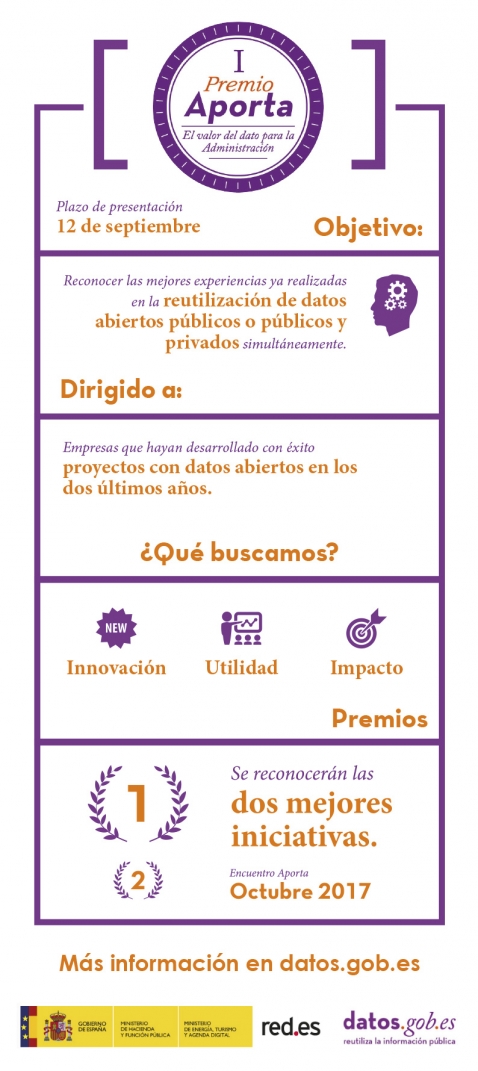9 posts found
Invisibilisation and algorithmic discrimination
Digital technology and algorithms have revolutionised the way we live, work and communicate. While promising efficiency, accuracy and convenience, these technologies can exacerbate prejudice and social inequalities exacerbate prejudice and social inequalities and create new forms of exclusion and cr…
Legal implications of open data and re-use of public sector information for ChatGPT
The emergence of artificial intelligence (AI), and ChatGPT in particular, has become one of the main topics of debate in recent months. This tool has even eclipsed other emerging technologies that had gained prominence in a wide range of fields (legal, economic, social and cultural). This is t…
Chat GPT-3 API The Gateway to Integrations
We continue with the series of posts about Chat GPT-3. The expectation raised by the conversational system more than justifies the publication of several articles about its features and applications. In this post, we take a closer look at one of the latest news published by openAI related to Chat GP…
Open data as a source of knowledge for generative artificial intelligence
Generative artificial intelligence refers to machine’s ability to generate original and creative content, such as images, text or music, from a set of input data. As far as text generation is concerned, these models have been accessible, in an experimental format, for some time, but began to generat…
Chatbots or virtual assistants in Public Administrations to democratize the use of open data
According to the latest analysis conducted by Gartner in September 2021, on Artificial Intelligence trends, Chatbots are one of the technologies that are closest to deliver effective productivity in less than 2 years. Figure 1, extracted from this report, shows that there are 4 technologies that are…
The gender gap: inequality is also in the data
Today, 8 March is the day on which we commemorate women's struggle to achieve their full participation in society, as well as giving visibility to the current gender inequality and demanding global action for effective equality of rights in all areas.
However, the data seem to indicate that we still…
The search engine Linknovate and the virtual library Biblioteca Virtual Cervantes, Aporta Awards 2017
The innovative search engine Linknovate and the virtual library Biblioteca Virtual Miguel de Cervantes have been the two winning projects of the first edition of the Aporta Awards 2017. An initiative promoted by the Secretary of State for the Information Society, Red.es and the General Secretariat o…
Is innovation in the provision of services and public procurement an opportunity to boost of open data?
The public procurement reform that has taken place in Europe has incorporated innovation as a new public policy that must be promoted through contractual tools. Although innovation can be understood as a concept that is difficult to pinpoint, the Directive 2014/24 / EU has incorporated a legal defin…
The deadline for submitting innovative projects developed with public data to the Aporta Awards, in the final stretch
On 12 September, the deadline ends for companies and entities that have developed projects with public data to submit their projects in the first Aporta Awards in 2017. These awards are focused on divulging and recognising professionals who have opted for reusing open data and innovation as a drivin…








